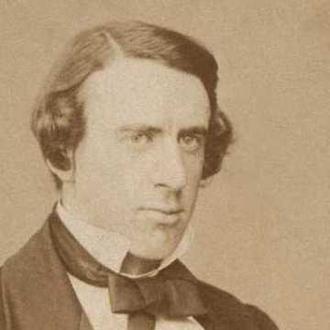Citas
They invoked also their own wit, by the name of Muses; their own ignorance, by the name of Fortune; their own lusts by the name of Cupid; their own rage, by the name of Furies; their own privy members, by the name of Priapus; and attributed their pollutions, to Incubi, and Succubæ: insomuch as there was nothing, which a poet could introduce as a person in his poem, which they did not make either a god, or a devil
So easy are men to be drawn to believe any thing, from such men as have gotten credit with them; and can with gentleness, and dexterity, take hold of their fear, and ignorance
For seeing all formed religion, is founded at first, upon the faith which a multitude hath in some one person, whom they believe not only to be a wise man, and to labour to procure their happiness, but also to be a holy man, to whom God himself vouchsafeth to declare his will supernaturally; it followeth necessarily, when they that have the government of religion, shall come to have either the wisdom of those men, their sincerity, or their love suspected; or when they shall be unable to show any probable token of divine revelation; that the religion which they desire to uphold, must be suspected likewise; and, without the fear of the civil sword, contradicted and rejected
fb2epub
Arrastra y suelta tus archivos
(no más de 5 por vez)

